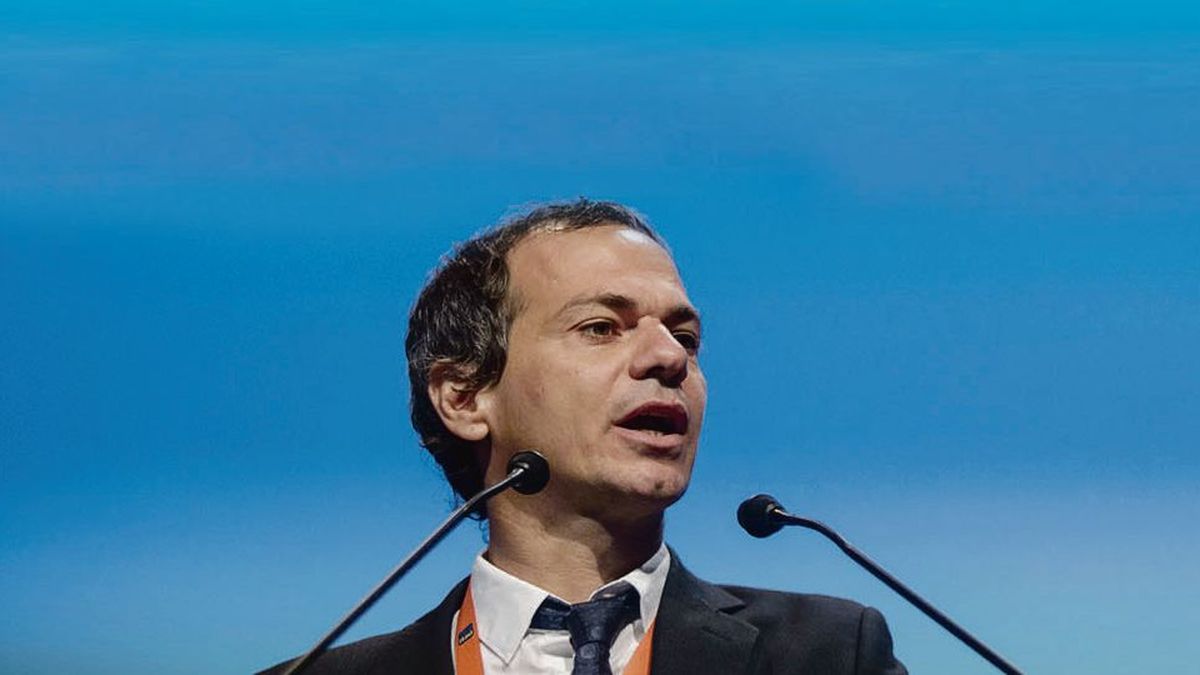A few days ago, one of the presidential candidates once again brought the dollarization of the economy into the public debate. And Lucas Llach, former president of the BCRA, was not left out of this discussion.
The possibility of dollarizing the Argentine economy is an issue that all economic leaders, from different sectors, are talking about right now. And the economist and former vice president of Central Bank (BCRA) Lucas Llach was not left out. From his Twitter account he came out to comment on the initiative that the candidate for libertarian president put on the agenda javier milei.
The content you want to access is exclusive to subscribers.
And, even when one might think that his thought would be close to that of the promoter of the proposal, since he describes himself as a defender of freedom, like him, Llach was critical of the position of the representative of Libertad Avanza. “Taking out the Venezuelan bolivar, I think that The dollar is the worst currency that Argentina could adopt”, declaims the economist from Cambiemos (the political party that integrates).


And it is that he considers that “tying himself to the dollar” would make the country “more expensive” against the world, since many would be depreciating against the US currency.
The flight to quality, a key problem
Llach points out that, “today, what dominates the movements of the exchange rates are the cycles of “risk appetite” vs. “flight to quality” in the capital markets and explains that, when the international capital market is optimistic , moves towards emerging economiesand the currencies of those countries appreciate, while “when it is bearish, it goes out of there towards the dollar, and those currencies depreciate” against the US currency.
Llach defines it as “a curious clockwork mechanism” in which he considers that what happens is precisely what needs to happen: cwhen credit is more difficultmonetary depreciation (becoming cheaper in dollars) helps emerging countries to offset the recessive effect of credit hardness.
Thus, he summarizes: “It is good to gain exchange competitiveness in moments of ‘flight to quality’”. And he believes that tying to the dollar would generate exactly the opposite because, as was said, it indicates that it would make the country more expensive in front of the world.
Dollarization, a recurring theme in Argentina
The truth is that, from time to time, the issue of dollarization is once again under discussion in Argentina, imposed by different economic or political referents. The reason is clearly the hysteresis (the repeated experience throughout history) marked by the usual economic instability in Argentina and the inflationary problem.
These elements feed the bimonetarist concept that many savers tend to have in the country, which, very frequently, seeks coverage for this difficulty in the US currency, a strategy that responds to the experience of instability and abrupt devaluations lived but that, paradoxically, is a mechanism that constantly weakens the peso as national currency.
Source: Ambito




